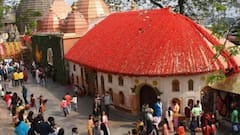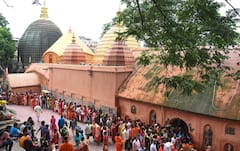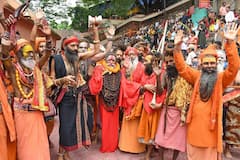Tihar: Sikkim's Festive Connection With Nepal Lasts Five Days During Diwali
Discover Tihar, a vibrant festival celebrated in Nepal, Sikkim, and West Bengal. Although similar to Diwali, Tihar spans five days, each with its own rituals and significance.

Tihar, also known as Deepawali and Yamapanchak, is a five-day Hindu festival celebrated in Nepal and in Sikkim and West Bengal. It shares similarities with the Indian festival of Diwali but carries distinctive cultural and religious significance. Let's delve into the unique aspects of this vibrant celebration.
The Festival's Origins:
Tihar is celebrated in various regions of the Northeast, with Darjeeling and Kalimpong hosting a significant number of ethnic Indian Gorkha people. The festival's name may vary among communities, known as Swanti among the Newars and Deepawali among Madhesis.
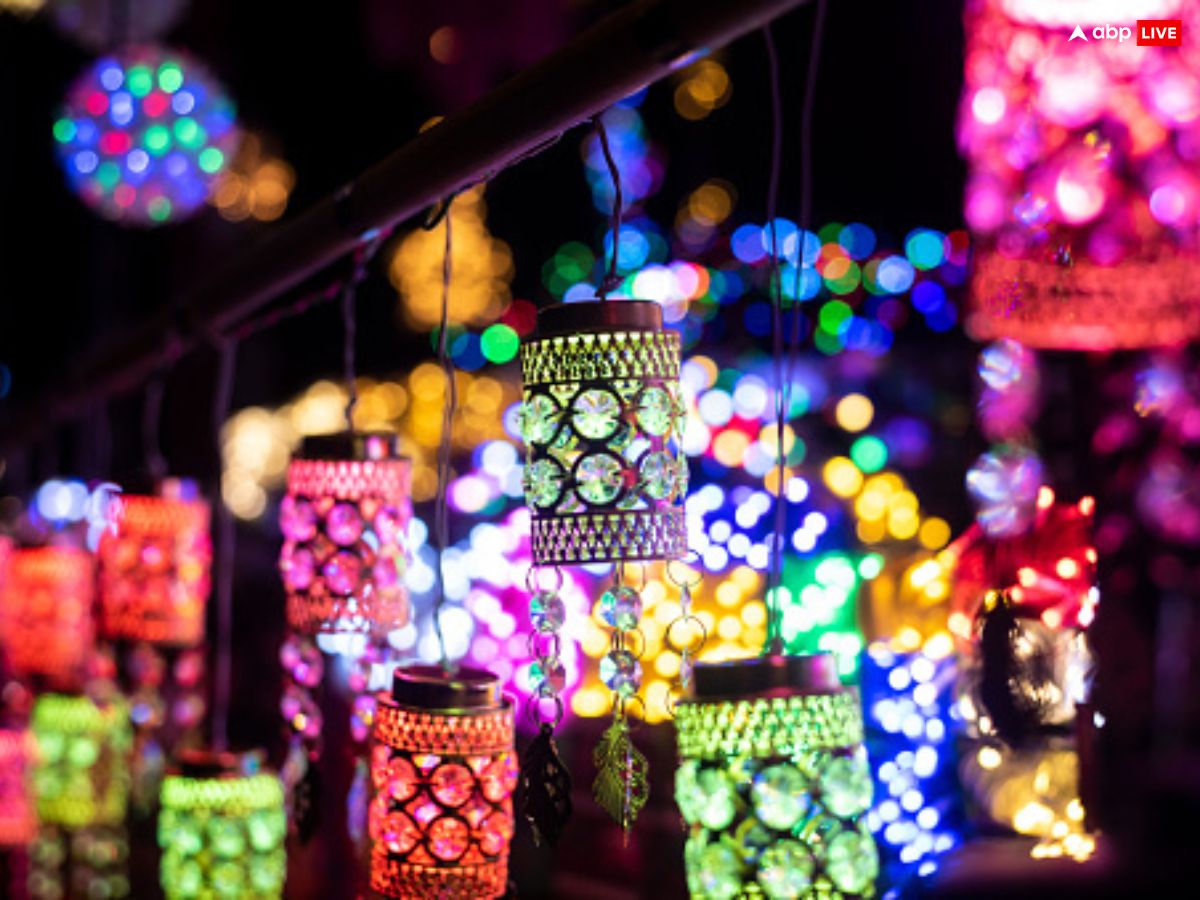
The Five Days of Tihar:
Tihar spans five days, each with its own rituals and significance. It begins with Kaag Tihar, dedicated to crows, seen as messengers of the god Yama. Crows are offered grains and sweets, aiming to ward off grief and death.
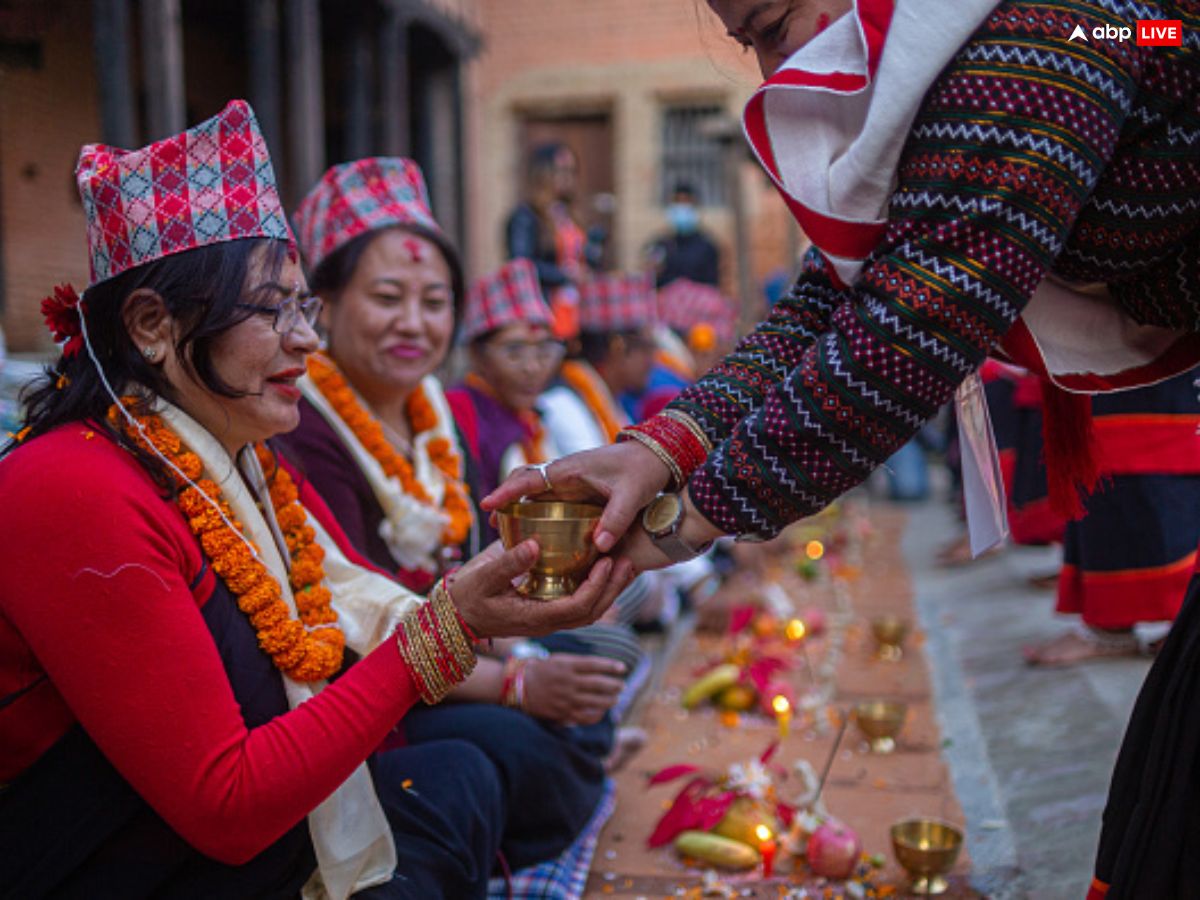
Kukur Tihar:
The second day is devoted to dogs. People offer treats and worship dogs, considering them as loyal companions and protectors. This tradition has gained global attention and was even adopted by an animal rights group in Mexico.
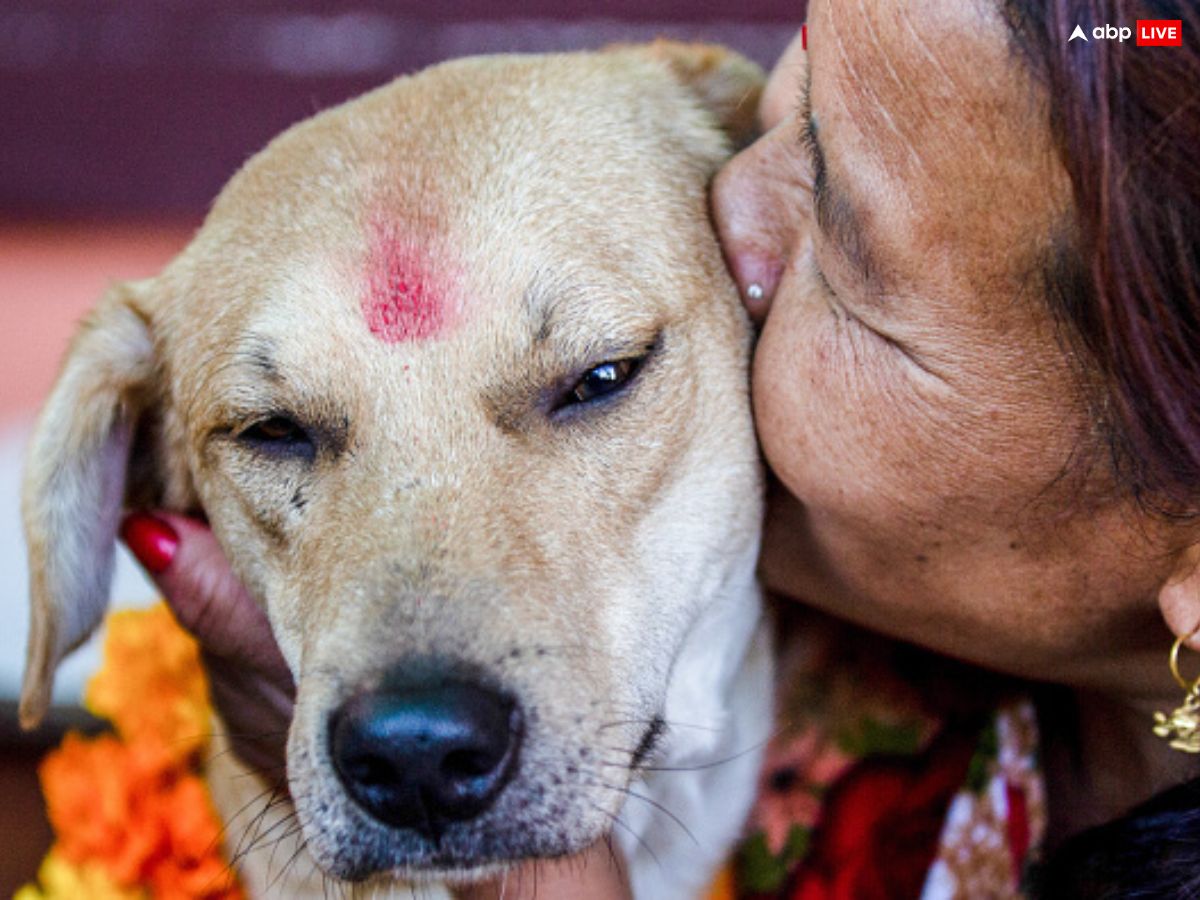
Gai Tihar and Lakshmi Puja:
On the morning of the third day, cows are revered as sacred animals. They are offered treats, tikas, and garlands to show gratitude for their contributions to daily life. In the evening, homes are decorated with marigold garlands and diyas [earthen lamps]to welcome goddess Lakshmi, symbolising prosperity and wealth.
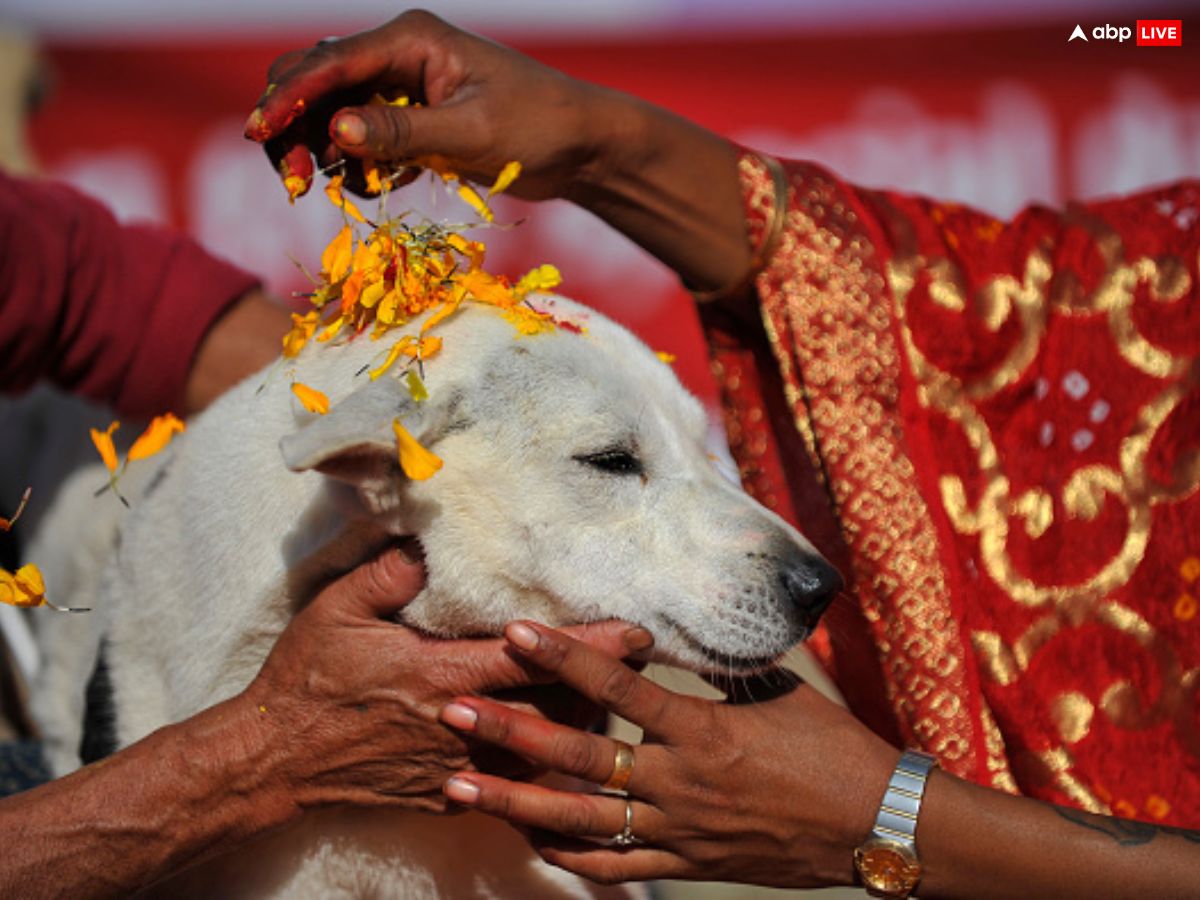
Govardhan Puja:
The fourth day celebrates the ox, which plays a crucial role in agriculture. Vaishnav Hindus also observe Govardhan Puja, worshipping a pile of cow dung as a symbol of the holy Govardhan mountain.
Bhai Tika:
The fifth and final day, Bhai Tika, celebrates the bond between brothers and sisters. Sisters perform a special ceremony where they create a protective barrier around their brothers using holy water and oil. A garland made of the makhamali flower is placed around the brother's neck, and a unique tika with seven colours is applied to the brother's forehead. The ritual is similar to West Bengal's bhai phnota.
Tihar is a festival that not only honours gods and goddesses but also extends its reverence to animals, highlighting the deep connection between humans and nature.
Trending News
Top Headlines

















